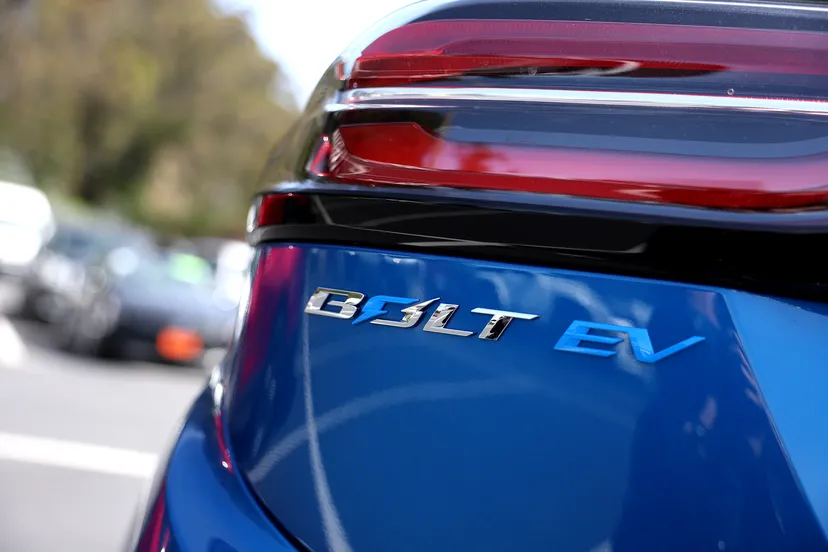General Motors announced today that it’s developing a next-generation Chevrolet Bolt based on the automaker’s Ultium battery and drive technology to deliver “great affordability, range and technology.” It’s following three electric vehicles Chevrolet is already scheduled to launch this year: the Equinox and Blazer SUVs and the Silverado pickup truck.
GM CEO Mary Barra said during the company’s Q2 earnings call that the new Bolt will be brought to market on “an accelerated timeline” but didn’t provide specific details regarding a launch date for the affordable EV after GM announced in April that it would stop manufacturing the original model that was plagued by fires and an expensive battery recall.
“Our customers love today’s Bolt. It has been delivering record sales and some of the highest customer satisfaction and loyalty scores in the industry,” said Barra. “We will keep the momentum going by delivering a new Bolt…and we will execute it more quickly compared to an all-new program with significantly lower engineering expense and capital investment by updating the vehicle with Ultium and Ultifi technologies.”
The missing launch date is another reminder of ongoing supply issues that are reportedly slowing down GM’s production of Ultium batteries. According to a report published by The New York Times on Tuesday, most of the 50,000 EVs produced by GM in the first half of this year still use older third-party batteries, and GM has sold fewer than 2,800 vehicles in the US that utilize its new Ultium battery packs.
Earlier this month, the Detroit Free Press reported that battery production was being hindered by extensive issues with its supply chain. GM’s president of North America, Rory Harvey, claimed that the only supply chain issue impacting production was regarding battery module capacity and said he anticipates “a lot more EVs being built in the second half of this year.”
At present, Ultium batteries are only used in a handful of GM vehicles — including the Cadillac Lyriq SUV, the $90,000 GMC Hummer, and delivery vans under the automaker’s BrightDrop subsidiary brand.
During a conference call with reporters on Monday, GM chief financial officer Paul Jacobson said that “it’s been a little bit challenging” but claims that the company is still on target to make 100,000 EVs in the second half of 2023 as it ramps up production. Back in February 2022, Barra announced the automaker’s plan to deliver 400,000 electric vehicles in North America through 2023, with the ambitious goal of producing 1 million EVs in the region by 2025. That initial 400,000 unit deadline was already pushed back to 2024 in October last year due to issues with battery production.
GM has spent a lot of money on its EV development. The company announced plans to invest tens of billions of dollars to develop its Ultium batteries when it first unveiled its modular EV platform back in 2020. Some of that cash has been sunk into building Ultium battery cell plants in the US — the batteries are being produced at a $2.3 billion joint production facility in Ohio that GM established with LG Energy, with two additional facilities under construction in Tennessee and Michigan.
The delays in rolling out the new battery tech don’t seem to be having a significant impact on GM’s cash intake.
According to the company’s Q2 2023 earnings report this morning, GM made a profit of $2.6 billion between April and June, up from $1.7 billion in the same period last year. Overall revenue for the second quarter also jumped by almost 20 percent, from $35.8 billion last year to $44.7 billion. Barra said in a letter to shareholders that despite hitting its 50,000 EV unit production goals for the first half of the year, GM is “taking steps to lower our capital spending,” aiming to cut operating costs by an additional $1 billion by the end of 2024.

